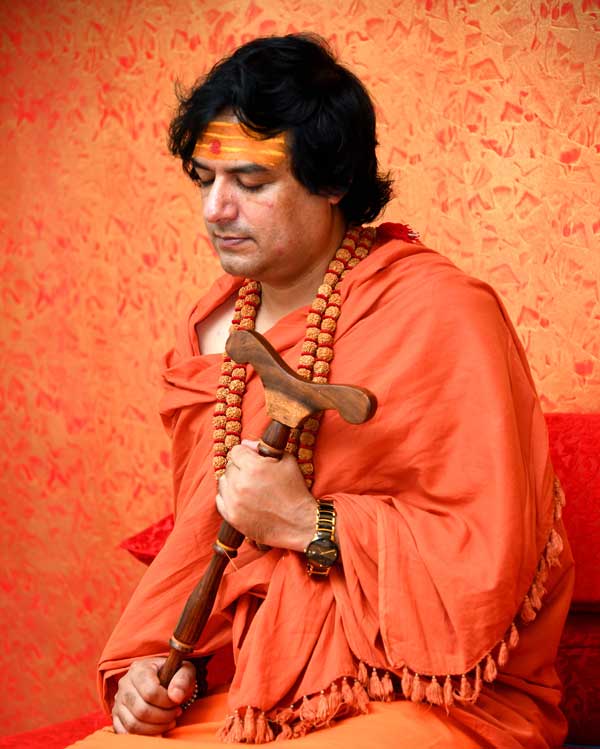DOOR TO SALVATION…. MOKSHA KA DWAR

There are many concepts about salvation; generally, salvation or Moksha is perceived to become free from all forms of worldly and physical bondage. Moksha is to get absorbed in Paramatma and being free from the cycle of births! It is understood that it cannot be attained during the life cycle and it has its significance only after death.
So, to understand the reality of salvation, it is necessary to understand the infinite cycles of human consciousness! After being born as different organisms in many births, ultimately the soul attains the human form! This means the journey of consciousness had begun many years ago but, it has been accomplished only in this human life! Human nature, its quality and intellect are in harmony with God almighty! This is a valuable achievement for any consciousness! In all previous lives, the consciousness had no awakening; rather was unenlightened and remained full of inertia! That animal state had no knowledge of one’s being! Karmas were not of any significance in previous births!
Now, the human body has been attained, a new journey of consciousness has started! It is, thus, necessary to get the knowledge of life, and only then one will be able to differentiate between the good and the evil deeds! All the previous lives were just repentance, but now Karma has come into role! The soul now by understanding knowledge, religion and meaning, through various mediums, has to attain Moksha!
Thus, it is not necessary that salvation can be attained only after death. One has to find his ways for Moksha in this blessed-life itself. Struggle, meditation and virtuous deeds will all lead to enlightenment! The one with most awaken consciousness will display the maximum self-realization!
Only by gaining the ultimate-self realization, the real meaning of soul and the divine can be understood! When consciousness is awakened, man is automatically drifted towards divinity and real salvation.
Thus, self awakening is the real salvation, i.e., Moksha!
By – Sharbheshwara Nand “Bhairava”
